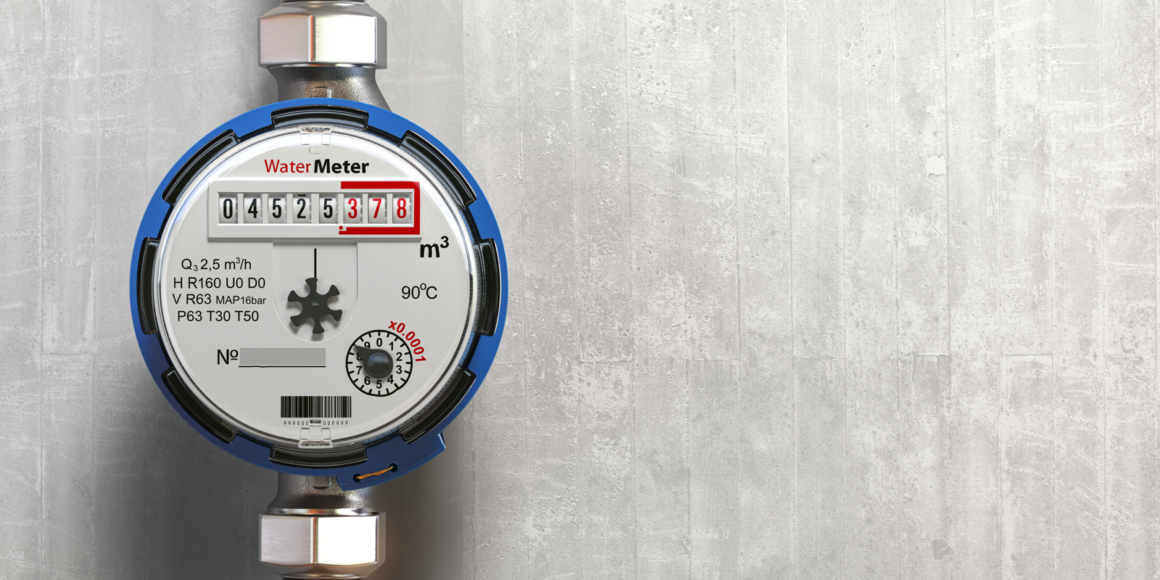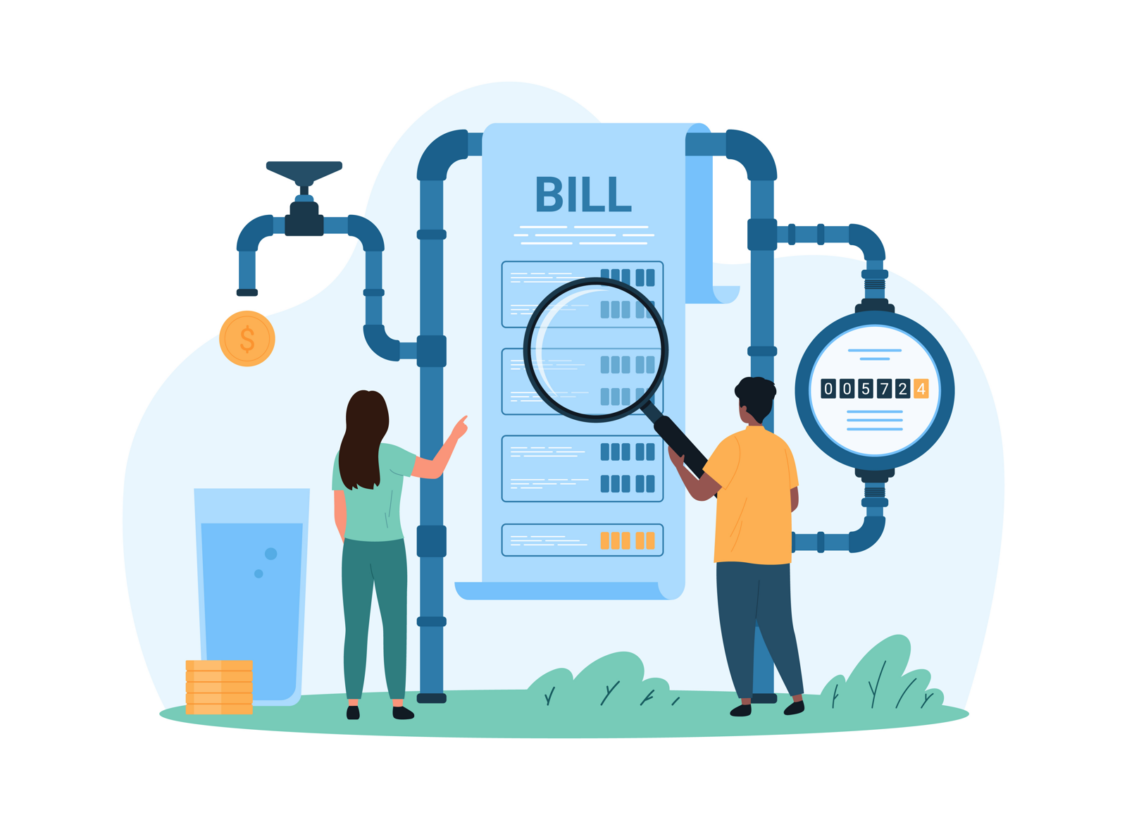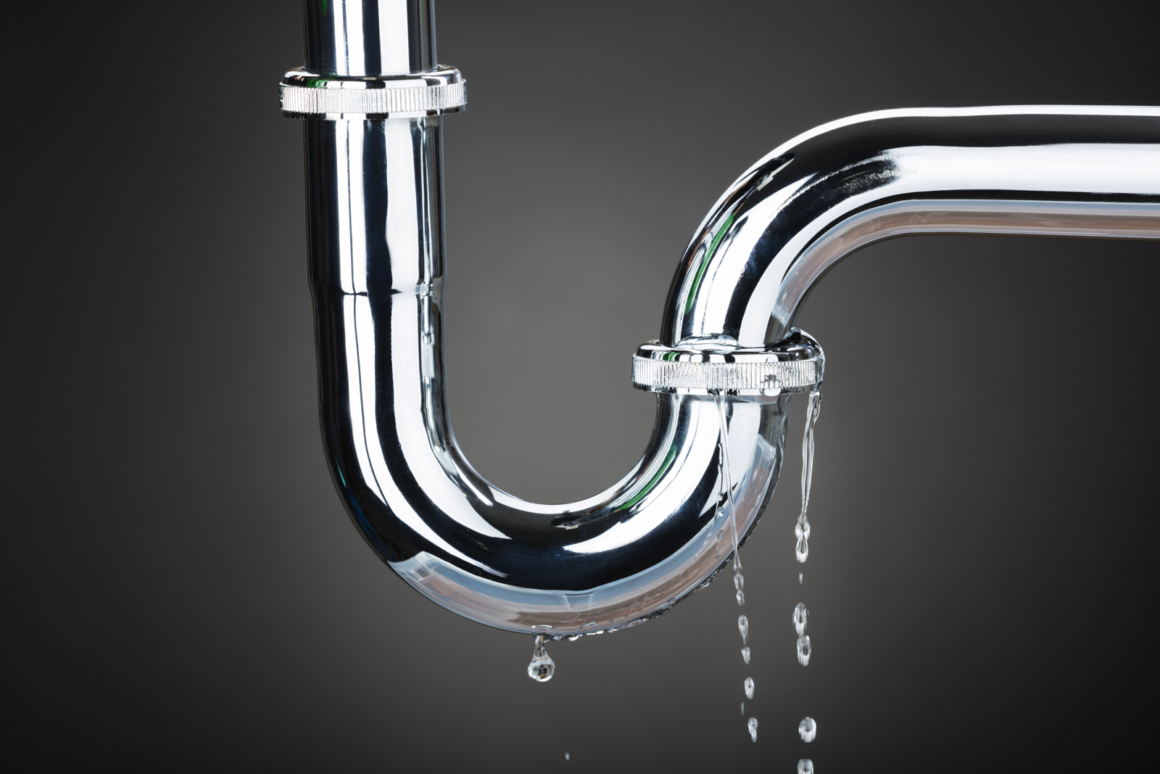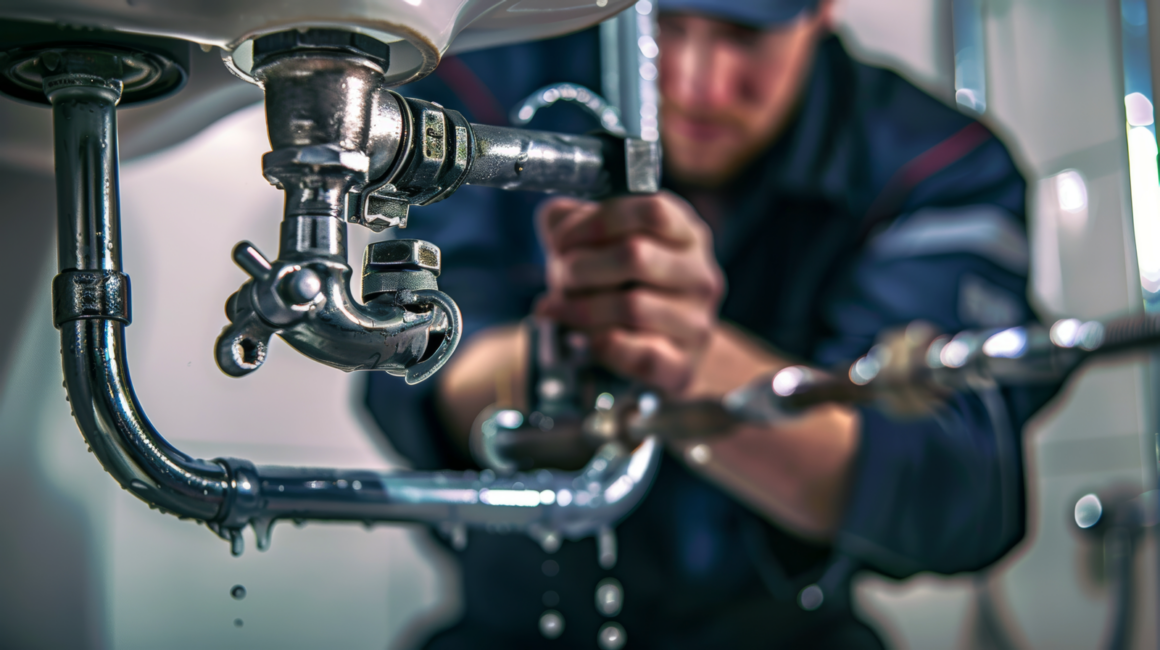
Have you ever wondered how much water your household consumes? Or have you noticed a sudden spike in your water bill that you can’t explain? If so, it’s time to look closer at your water meter.
What is a Water Meter?
A water meter is a device installed on your property that measures the amount of water that flows through your pipes. It’s a tool that helps you track your water usage and identify potential issues.
The two main types of water meters are analog and digital. Analog meters have dials that rotate to indicate water consumption, while digital meters display the usage on a screen.
Why Understanding Your Water Meter Matters
Understanding your water meter is crucial for several reasons:
- Financial savings: By monitoring your water consumption, you can identify and address leaks leading to significantly higher water bills.
- Environmental impact: Conserving water is essential for protecting our planet’s resources. By reducing your water usage, you’re contributing to a more sustainable future.
- Plumbing maintenance: Monitoring your water meter can help you detect early signs of plumbing problems and address them before they escalate.
- Improved property value: Water-efficient homes and properties are often valued higher in the real estate market. By understanding your water usage and taking steps to conserve water, you can increase the value of your home.
- Enhanced comfort: A well-maintained plumbing system can provide a more comfortable living environment. By addressing plumbing issues promptly, you can prevent inconveniences like low water pressure or water leaks.

How to Read Your Water Meter
Reading your water meter is easy! Here’s how to do it:
- Find your meter: It’s usually outside near the street or in a utility room.
- Check the type: Is it an analog meter with dials or a digital meter with numbers?
- Read analog meters: Look at the dials. Each dial has a number on it. Start with the rightmost dial and read the number clockwise. Write down the number. Then, move to the next dial and do the same thing. Keep going until you’ve read all the dials.
- To read digital meters, Look at the numbers on the screen and write down the numbers in the same order as they appear.
- Check for a decimal point: Some digital meters have a decimal point. If your meter has one, include it in your reading.
- Compare readings: To see how much water you’ve used, subtract your previous reading from your current reading.
Detecting Leaks Through Your Water Meter
If you notice a sudden increase in your water consumption without a corresponding change in your usage habits, it could be a sign of a leak. Here’s how to use your water meter to detect leaks:
- Turn off all water sources: Ensure all faucets, toilets, and appliances are turned off.
- Check the meter: Monitor the meter for any movement. If the dials or digits are still moving, it indicates a leak.
- Locate the leak: Use a listening stick or a rubber hose to pinpoint the source of the leak.
- Check for unusual sounds: Listen for unusual noises, such as gurgling or hissing, coming from your pipes or walls.
- Look for wet spots: Inspect your property for signs of water damage, such as damp patches on the lawn, basement, or crawl space.
- Check for unusual water bills: If your water bill is unusually high, even after accounting for increased usage, it could be a sign of a leak.
- Monitor water pressure: If you notice a sudden drop in water pressure, it could be a sign of a leak.
- Use a water meter leak detector: These devices can help you detect even small leaks that may not be obvious.
Cost-Saving Strategies Using Your Water Meter
Once you understand your water meter readings, you can implement several strategies to reduce your water consumption and save money:
- Fix leaks promptly: Address any leaks you discover to prevent water waste.
- Take shorter showers: Reduce shower time to conserve water.
- Install water-saving fixtures: Consider upgrading to low-flow toilets, showerheads, and faucets.
- Fix running toilets: A leaky toilet can waste hundreds of gallons of water monthly.
- Water your lawn efficiently: Use a watering timer and avoid overwatering.

When to Seek Professional Help
While you can detect and address minor leaks yourself, there are situations where it’s best to call a plumber:
- Complex leaks: If you cannot locate or repair a leak, a plumber can help.
- Pipe damage: Signs of pipe damage, such as discolored water or low water pressure, require professional attention.
- Water heater issues: If you suspect a problem with your water heater, consult a plumber.
- Unusual water smells or tastes: If you notice a foul odor or unpleasant taste in your water, it could be a sign of a severe issue that requires professional assistance.
- Recurring leaks: If leaks keep reappearing despite your attempts to fix them, it may indicate a more underlying problem that requires professional diagnosis and repair.
- Sudden water loss: If you experience a sudden loss of water pressure or no water at all, it could be due to a burst pipe or other serious plumbing issues.
- Water damage: If you notice signs of water damage, such as mold or mildew, it’s essential to call a plumber to assess the extent of the damage and make necessary repairs.
How to Find a Professional Plumber
Finding a reputable plumber is essential for ensuring your plumbing issues are resolved effectively and efficiently. Here are some tips for finding a professional plumber:
- Ask for recommendations: Ask friends, family, or neighbors for recommendations.
- Check online reviews: You can read reviews of local plumbers in San Francisco on websites like Google, Yelp, or Angie’s List.
- Verify licensing and insurance: Make sure the plumber is licensed and insured.
- Get multiple quotes: Compare quotes from different plumbers to get the best deal.
- Ask about the experience: Inquire about the plumber’s expertise in handling similar issues.
- Read the fine print: Carefully review the terms and conditions of the contract before signing.
By following these tips, you can find a qualified plumber who can help you address your plumbing problems and ensure the long-term health of your plumbing system.

Watch Your Water, Watch Your Wallet
Understanding your water meter is a simple yet effective way to conserve water, save money, and maintain your plumbing system. By monitoring your water usage, detecting leaks early, and implementing water-saving practices, you can make a positive impact on your finances and the environment. Knowing these tips is good but having an emergency plumber is better. Get an emergency plumber in San Francisco now.
